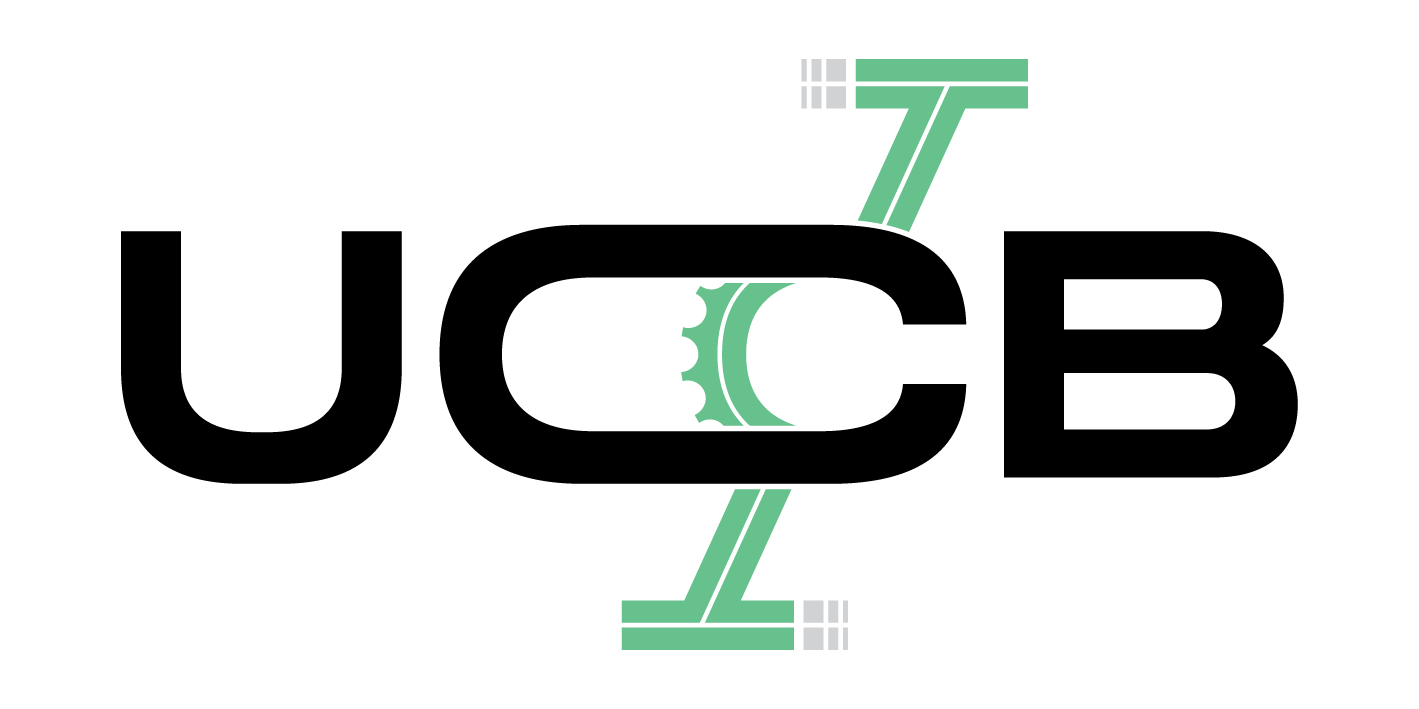Does More Cycling Mean More Diversity in Cycling?
Tipo de publicação
Artigo
Curso ou área do conhecimento
Urbanismo
Veículo
Transport Reviews
Tipo de autoria
Pessoa Física
Nome do autor
Rachel Aldred, James Woodcock and Anna Goodman
Língua
Inglês
Abrangência geográfica
País estrangeiro específico
País
Inglaterra
Ano da publicação
2017
Palavra chave 1
Planejamento
Palavra chave 2
Políticas Públicas
Descrição
The potential benefits of a shift towards greater levels of walking and/or cycling are large (Woodcock, Givoni, & Morgan, 2013). Major health benefits could be realised, primarily due to physical activity; additional cited benefits include positive impacts upon local economies, reduction in carbon dioxide emissions, and better air quality in cities (Aldred, 2012). In the UK, however, greater policy support for cycling has not led to substantial increases either in levels of funding or in cycling uptake at the national level.
Despite this, areas in the UK differ considerably in absolute cycling levels and in rates of change. Similarly, while investment in cycling overall has been low, some areas have chosen to spend more or have successfully applied for additional central funding. This provides the opportunity to explore whether those areas that have successfully achieved a modal shift towards cycling have also created a cycling that is more equal. Are women becoming better represented, or do new users look very much like existing users? A similar question can be asked with relation to age: Is cycling becoming more evenly distributed by age group?
To answer this question, the paper uses 2001 and 2011 Census data on levels of cycling to work by English and Welsh local authority. Our primary aim is to examine whether changes in cycling levels between 2001 and 2011 are associated with changes in the gender and age balance of cycling. To set these findings in context, we also present cross-sectional correlations between cycle commuting levels and gender and age equity at each time point. We consider different potential explanations for our findings and suggest implications for policy and further research.



 Ao navegar no Observatório da Bicicleta você concorda com os
Ao navegar no Observatório da Bicicleta você concorda com os